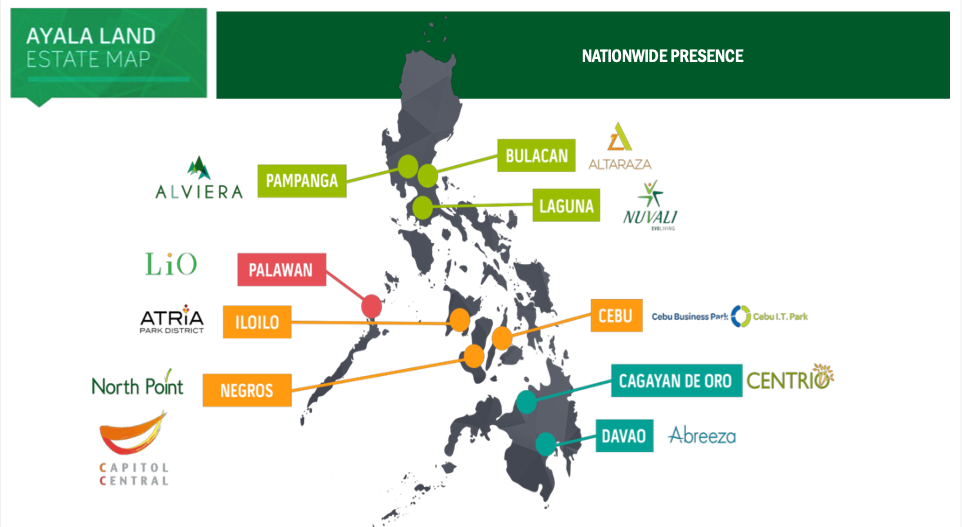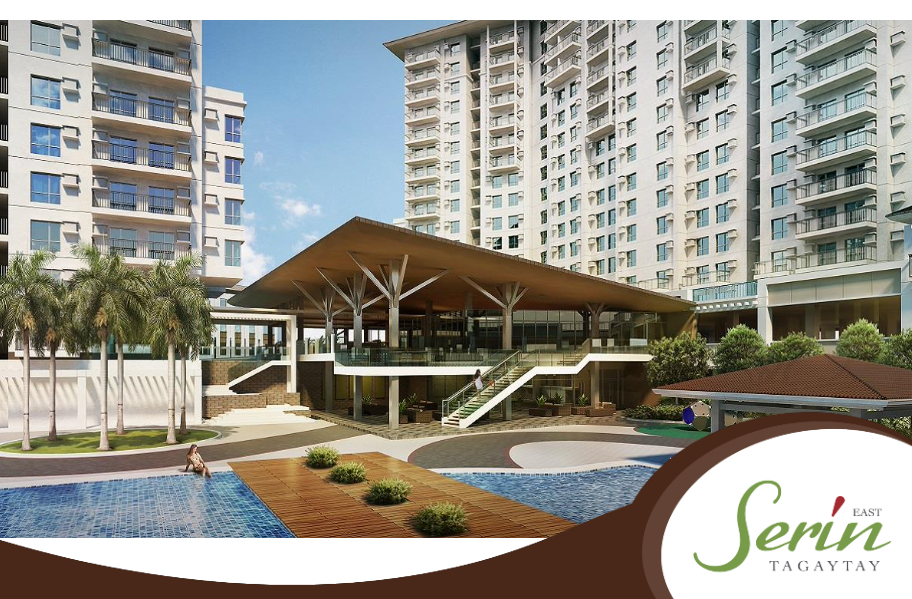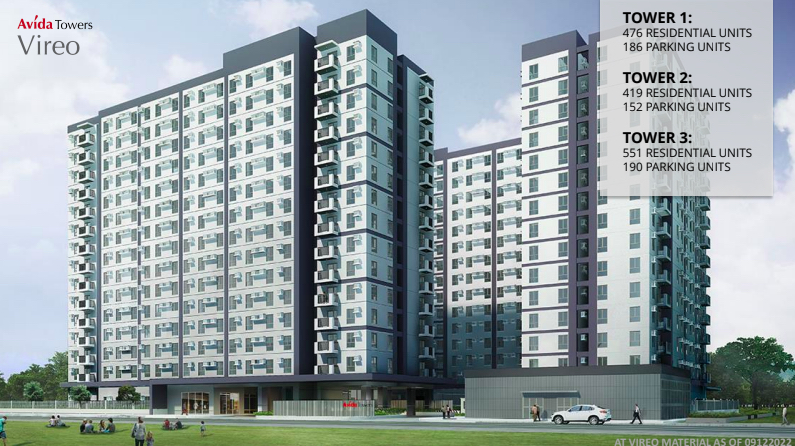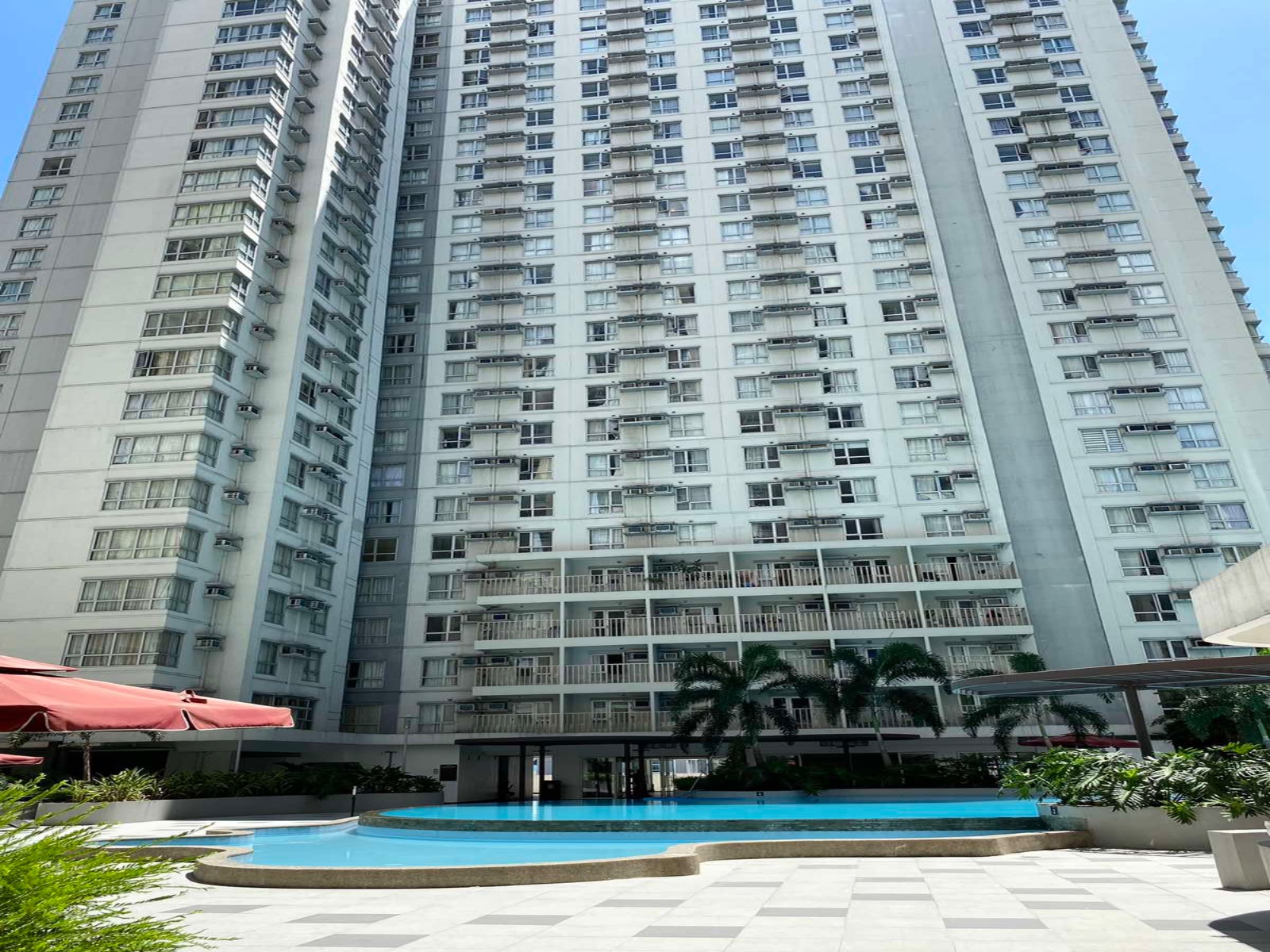The Philippine real estate market has been experiencing significant growth over the past few years. With its strategic location in Southeast Asia, a robust economy, and a young, dynamic population, the Philippines presents numerous opportunities for both local and foreign investors. This guide will provide an overview of the essential aspects to consider when investing in real estate in the Philippines.
Understanding the Market
The Philippine real estate market is diverse, ranging from luxury condominiums in Metro Manila to beachfront properties in Cebu and Boracay. The market is primarily driven by the burgeoning middle class, Overseas Filipino Workers (OFWs) sending remittances, and foreign investors seeking to capitalize on the country’s growth. Key segments include residential, commercial, industrial, and hospitality real estate.








Key Cities and Regions
Metro Manila: The capital region, composed of 16 cities, is the primary hub for business and commerce. Makati, Bonifacio Global City (BGC), and Ortigas are notable areas for high-end residential and commercial properties.
Cebu: Known as the “Queen City of the South,” Cebu is a major economic center with a thriving tourism industry. It offers a mix of residential and commercial real estate opportunities.
Davao: This city in Mindanao is gaining traction due to its peaceful environment and lower cost of living. It’s becoming a popular choice for retirees and investors looking for affordable properties.
Boracay and Palawan: These islands are world-renowned for their stunning beaches. Real estate here is primarily focused on hospitality and tourism, including resorts and vacation homes.
Legal Considerations
Foreigners can own property in the Philippines but with certain restrictions. They can purchase condominium units, provided foreign ownership does not exceed 40% of the total project. For land ownership, foreigners can only lease land for up to 50 years, renewable once for 25 years. Joint ventures with Filipino citizens or corporations are another way to invest in land.
Financing and Mortgages
Several banks in the Philippines offer mortgage loans to both locals and foreigners. Requirements typically include proof of income, identification documents, and, for foreigners, proof of residency status. Interest rates can vary but generally range from 5% to 10%. It’s crucial to compare offers from different banks to find the best terms.
Real Estate Developers
Numerous reputable developers operate in the Philippines, including Ayala Land. This developer is known for their high-quality projects and reliability. When choosing a property, consider the developer’s track record and the quality of their previous projects.
Investment Strategies
Buy-to-Rent: With the growing expatriate community and increasing demand for rental properties, investing in rental units can provide a steady income stream.
Flipping: Purchasing properties, renovating them, and selling them at a higher price is a common strategy. This requires a good understanding of the market and renovation costs.
Long-term Appreciation: Investing in areas with planned infrastructure developments, such as new highways or business districts, can lead to significant appreciation over time.
Tips for Buyers
Research: Conduct thorough research on the location, property, and developer. Consider future developments in the area that could impact property values.
Legal Advice: Engage a reputable lawyer to assist with the legal aspects of the purchase. This includes reviewing contracts and ensuring compliance with local laws.
Site Visits: Visit the property personally, if possible. This allows you to inspect the quality of construction and the surrounding area.
Budget: Be clear about your budget and consider additional costs such as taxes, maintenance fees, and association dues.
Investing in real estate in the Philippines offers numerous opportunities, but it also requires careful planning and due diligence. By understanding the market, legal requirements, and investment strategies, you can make informed decisions and potentially achieve significant returns on your investment. Whether you’re looking for a vacation home, a rental property, or a long-term investment, the Philippine real estate market has something to offer.
